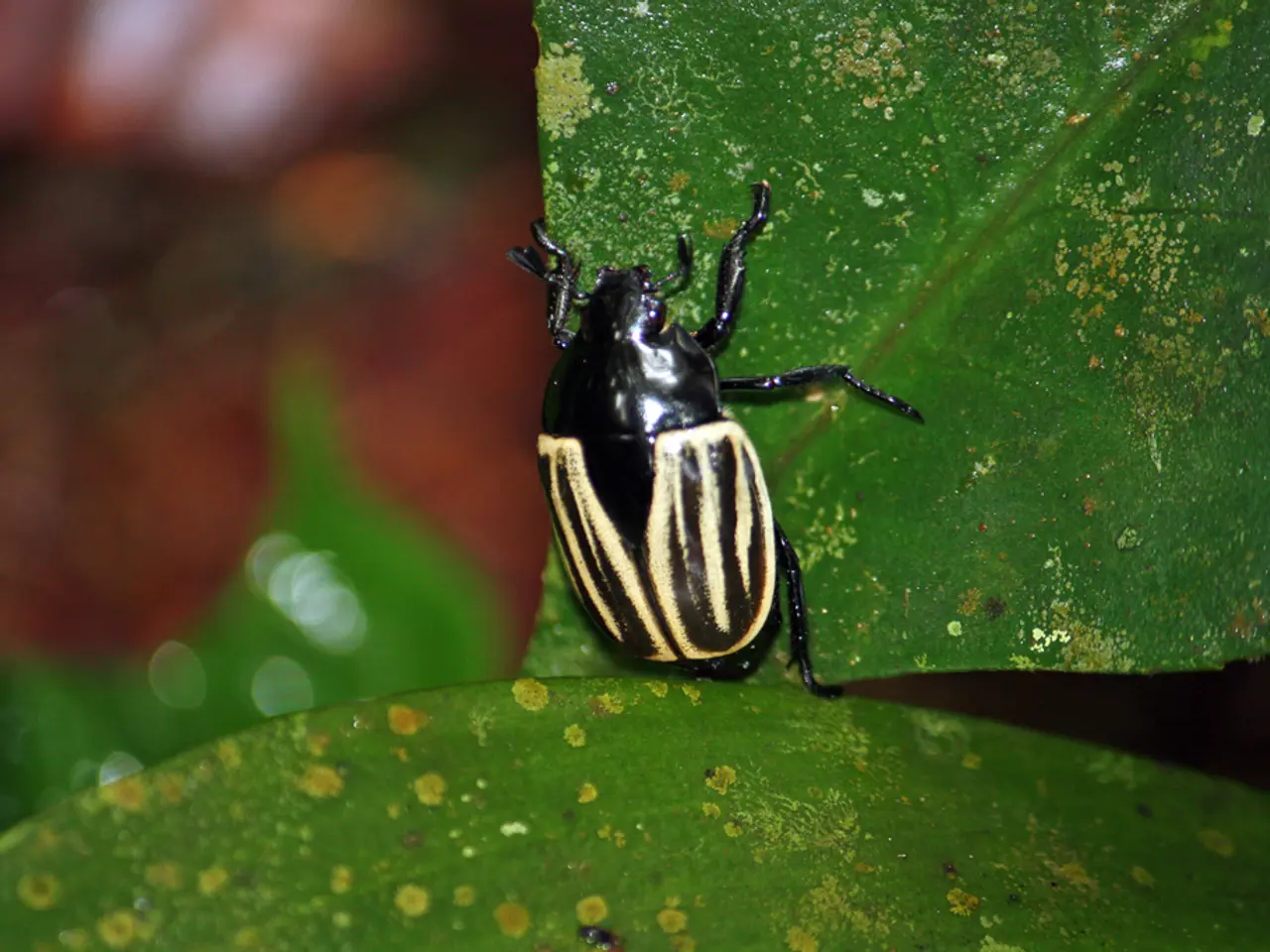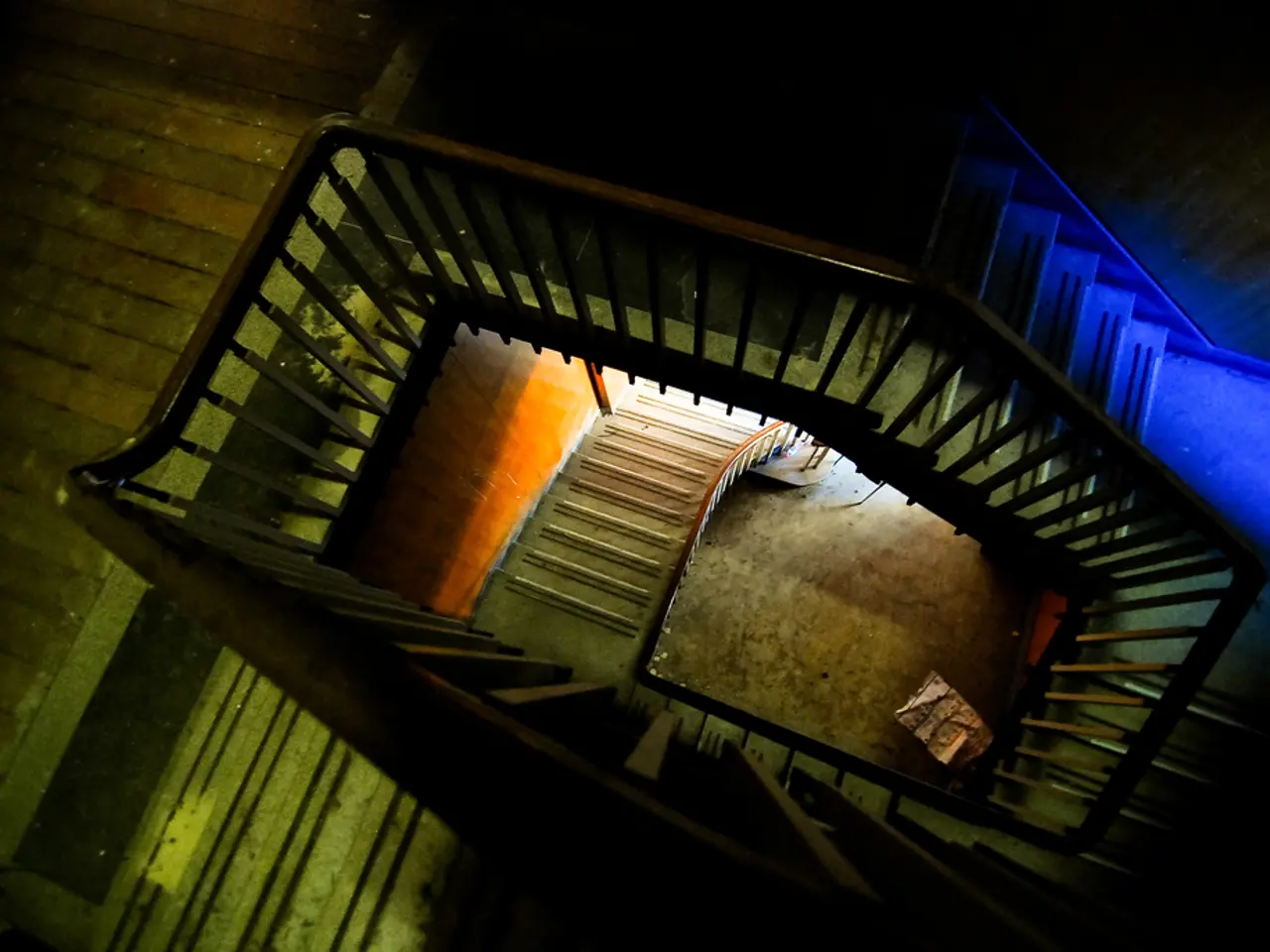Japanese B Encephalitis: Understanding a Potent Brain Infection from Japan
Japanese B Encephalitis (JBE) is a viral infection that primarily affects the brain, caused by the Japanese B Encephalitis virus (JEV), a member of the flavivirus family. The disease is predominantly found in rural areas of Asia, particularly in countries like Japan, China, India, and parts of Southeast Asia.
The primary vector for the transmission of JBE is the Culex mosquito, which breeds in rice paddies and other stagnant water sources. The risk of JBE infection is higher during the rainy season when mosquito populations surge. Certain groups at higher risk include people living in or traveling to endemic areas, agricultural workers, children, and long-term travelers or expatriates.
Symptoms of JBE can range from mild to severe, with early symptoms including fever, headache, and nausea/vomiting. Severe symptoms may include confusion, seizures, and coma. In approximately 1 in 250 infections, the disease can lead to severe neurological disease, which can be life-threatening.
Vaccination is the cornerstone of JBE prevention. The Japanese B Encephalitis vaccine is an effective preventive measure that can significantly reduce the risk of infection. Vaccination is highly recommended for those at high risk, such as travelers to endemic areas, especially for those who will be spending extended periods outdoors or in rural settings.
In addition to vaccination, personal protective measures can significantly reduce the risk of infection. Staying in air-conditioned or well-screened accommodations when traveling to endemic areas, wearing long sleeves and pants, and using mosquito repellents containing DEET are all recommended. Controlling mosquito populations is also vital in preventing JBE, and this includes eliminating standing water around the home and using insecticides.
For those who do contract JBE, treatment is primarily supportive. There is no specific antiviral treatment for JBE, but supportive care is crucial in managing symptoms and complications. Severe cases may require hospitalization for close monitoring and management of complications such as seizures, fluid and electrolyte imbalances, and neurological deficits. Rehabilitation, including physical therapy, occupational therapy, and speech therapy, may be necessary for those who experience long-term complications.
Current strategies for controlling and preventing JBE in endemic regions focus primarily on vaccination campaigns, integrated vector management, surveillance, and public education. Vaccination campaigns targeting high-risk districts have shown to be the most effective method to reduce disease burden. Integrated vector management involves community participation, biological and chemical control of mosquito populations, and environmental management to reduce mosquito breeding sites. Surveillance systems enable early detection of JE cases and guide response efforts, while public education campaigns aim to increase awareness of JBE risks and promote preventive behaviors.
Together, these strategies form a comprehensive approach to JBE prevention and control in endemic regions, tailored to local epidemiology and resource availability. For more information about JBE, please see our Frequently Asked Questions section.
- The Japanese B Encephalitis (JBE) disease can lead to severe neurological conditions, which can be life-threatening, especially when it comes to individuals living in or traveling to endemic areas, as they are at higher risk for JBE infection.
- In addition to vaccination, personal protective measures such as wearing long sleeves and pants, using mosquito repellents containing DEET, and eliminating standing water around the home are crucial for reducing the risk of contracting JBE and other medical-conditions associated with mosquito-borne illnesses like health-and-wellness.




